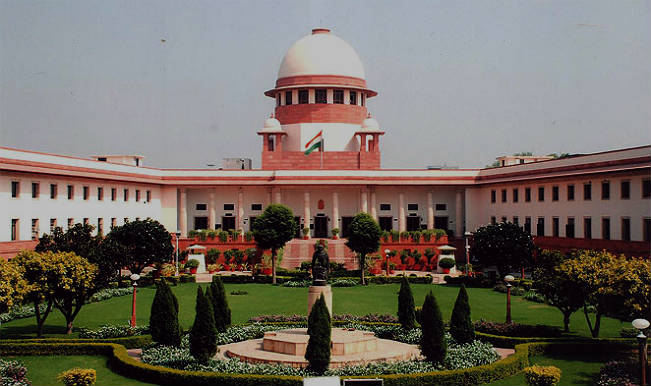Perjury in law is the crime of telling a lie in a Court after promising to tell the truth promised under an oath. In the Jessica Lal Murder case, the apex court has nullified the perjury prosecution against the forensic expert. The forensic expert in the Jessica Lal murder case, Prem Sagar Manocha, was charged of perjury by the High Court on May 22, 2013 in lieu of the witness turning hostile to save the accused.

What happened at the HC:
Delhi High Court held the charge of perjury against Manocha, saying that he had changed his stand in the oral questioning from his written report. His expert opinion in question was in respect of whether the two empty cartridges obtained were fired from the same firearm or otherwise. Manocha in his reply said that he could not give a definite opinion on both the cartridges in order to link the firearm unless the suspected firearm was available for examination. During the Court questioning, it was insisted that for answering the query of the cartridges being fired from the same firearm or otherwise, the presence of the firearm was not necessary. To this Manocha replied that the question was now clear to him and after comparison he was of the opinion that the two cartridges appeared to have been fired from two different firearms. He as a witness was declared hostile and in the cross-examination he said that definite opinion would have been given once the weapon was given to him for examination.
What the law says:
As per section 193 of the IPC, a person can be punished with imprisonment which may extend to 7 years and liable to fine, if he intentionally gives or fabricates false evidence in any stage of a judicial proceeding. It also states that whoever intentionally gives or fabricates false evidence in any other case, shall be punished with imprisonment which may extend to three years, and shall also be liable to fine.
Section 340 of the CrPC, states that a Court can take action and make a complaint to concerned magistrate under certain conditions The Court can initiate prosecution only if it is expedient in the interest of justice. Offence must have been committed intentionally. Contradictory evidence is not enough for prosecution.
What the SC held:
The Supreme Court in Prem Sagar Manocha vs. State, quashed the perjury prosecution. It held that Manocha’s opinion on the “two weapon theory” was based on Court’s insistence to give the opinion without examining the firearm. It was not his voluntary or deliberate deposition before the Court. Thus section 193 of IPC cannot be applied in this case and it would be unjust to attribute any motive to the appellant to have shifted from his original stand. Moreover, the Court also held that section 340 of CrPC was not applicable and cannot be initiated on the basis of mere rejection of the expert evidence. The Court held, “Merely because an expert has tendered an opinion while also furnishing the basis of the opinion and that too without being conclusive and definite, it cannot be said that he has committed perjury so as to help somebody.”
-By Neha Mishra
